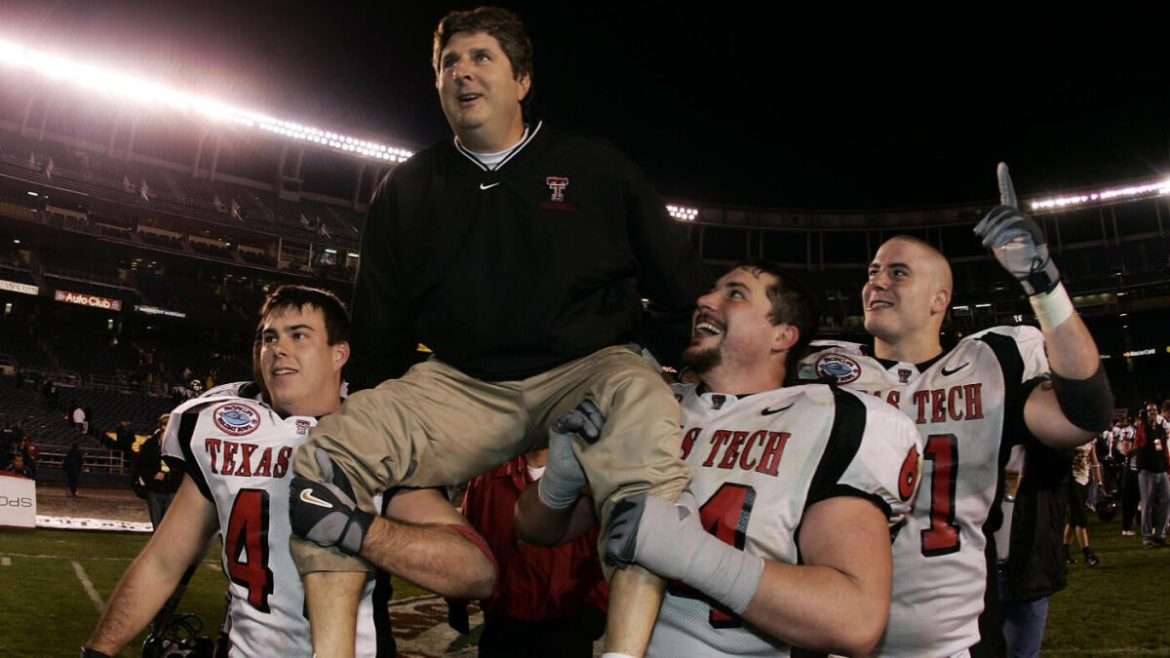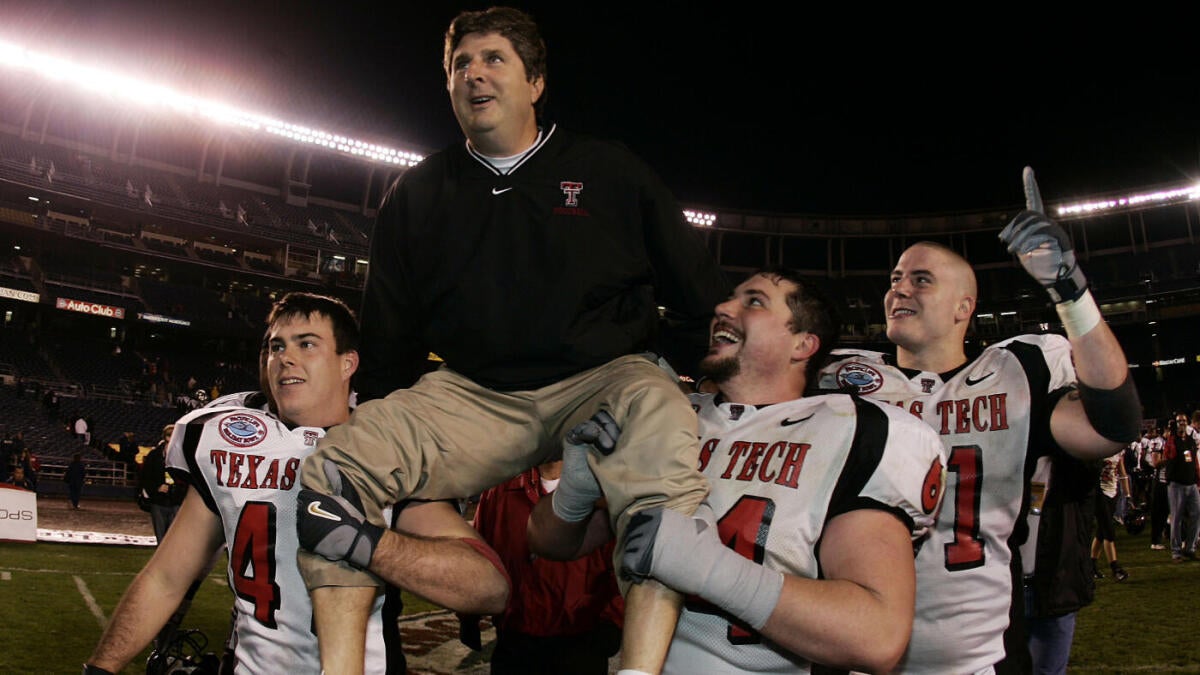Mike Leach and the College Football Hall of Fame: A New Era of Recognition
Mike Leach’s Legacy on the Sidelines
Mike Leach was more than just a football coach; he was a pioneering figure known for his unconventional style and innovative Air Raid offense. Coaching at multiple Power Five schools—Texas Tech, Washington State, and Mississippi State—Leach earned a reputation for his bold strategies and sharp wit. His approach changed how offenses could be run in college football, showcasing a dynamic passing game that challenged traditional norms.
Despite his success and impact on the sport, Leach’s career winning percentage narrowly missed the College Football Hall of Fame’s previous threshold. With a career winning percentage of .596, Leach was just shy of the .600 mark required for coach eligibility, placing him in a liminal space where his influence was evident but recognition lagged.
The Rule Change That Opens the Door
In a significant development, the National Football Foundation (NFF) announced a rule adjustment lowering the minimum career winning percentage for College Football Hall of Fame coach eligibility from .600 to .595. This subtle yet impactful change effectively qualifies Mike Leach for induction starting in 2027.
The adjustment was not explicitly attributed to Leach’s case but was widely viewed as a response to Years of advocacy and recognition of coaches who have contributed profoundly to college football outside of pure win-loss numbers. The NFF maintained all other eligibility criteria for coaches, including head coaching tenure and character assessments, preserving the Hall’s integrity.
Why This Matters
This rule change is meaningful on multiple levels:
– Acknowledging Innovation Over Numbers: Leach’s creativity and influence extended beyond mere winning percentages. The amendment reflects a broader appreciation of coaching impact, valuing innovation and leadership alongside results.
– Posthumous Honor: Leach passed away nearly three years ago, and this adjustment offers a posthumous celebration of his contributions, affirming his place among college football’s elite figures.
– Setting Precedents: The move signals a willingness by the Hall of Fame to reevaluate rigid thresholds, potentially opening the door for other deserving candidates who narrowly miss past benchmarks.
– Fan and Community Recognition: The decision resonates deeply with fans, players, and colleagues who admired Leach’s distinctive style and contributions to the sport’s culture and strategic evolution.
Mike Leach’s Role in College Football History
Leach’s tenure at Texas Tech catapulted the Air Raid offense into the national spotlight, turning the Red Raiders into a potent passing team that challenged defenses across the country. At Washington State, he further refined his system, making Cougar football competitive in the Pac-12. His final coaching stop, Mississippi State, saw him bring his unique approach to the SEC, a conference traditionally dominated by power running games.
Beyond X’s and O’s, Leach’s personality—marked by sharp wit, insightful commentary, and an unapologetic approach to coaching and life—made him a beloved figure in college football. His influence arguably shifted how offenses could be constructed and how coaches could express individuality within a highly competitive environment.
Looking Ahead: The 2027 Induction and Beyond
Leach’s eligibility is set to begin in 2027 without changes to other criteria, meaning the College Football Hall of Fame will soon have the opportunity to formally honor one of the sport’s more colorful and influential characters. This induction, if it occurs, will symbolize recognition not just for wins, but for the lasting change he brought to college football.
Moreover, this shift could inspire future adjustments to ensure the Hall remains reflective of both statistical success and contributions to the game’s evolution. Mike Leach’s story underscores the importance of flexibility in honoring history—embracing complexity over rigid metrics.
In Conclusion: Celebrating a Coaching Innovator
The lowering of the College Football Hall of Fame’s minimum coach winning percentage from .600 to .595 ushers Mike Leach into the eligibility pool, a fitting acknowledgment of his transformative impact on the sport. This decision honors more than wins and losses; it celebrates a legacy of innovation, personality, and dedication that enriched college football’s landscape.
As the Hall of Fame prepares for the 2027 eligibility cycle, the football world will watch eagerly to see one of its most distinctive figures receive the institutional recognition his career’s accomplishments merit. Mike Leach’s journey reflects the evolving nature of how greatness is measured and remembered in sports history.





